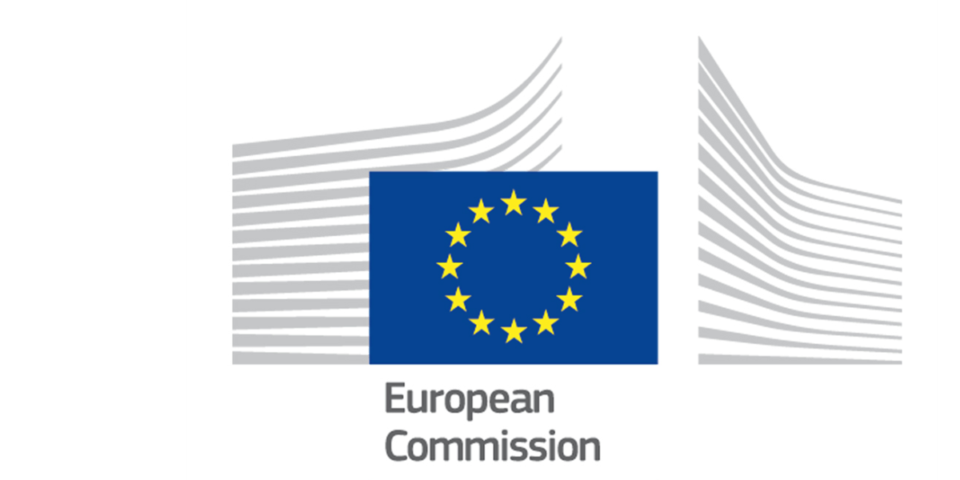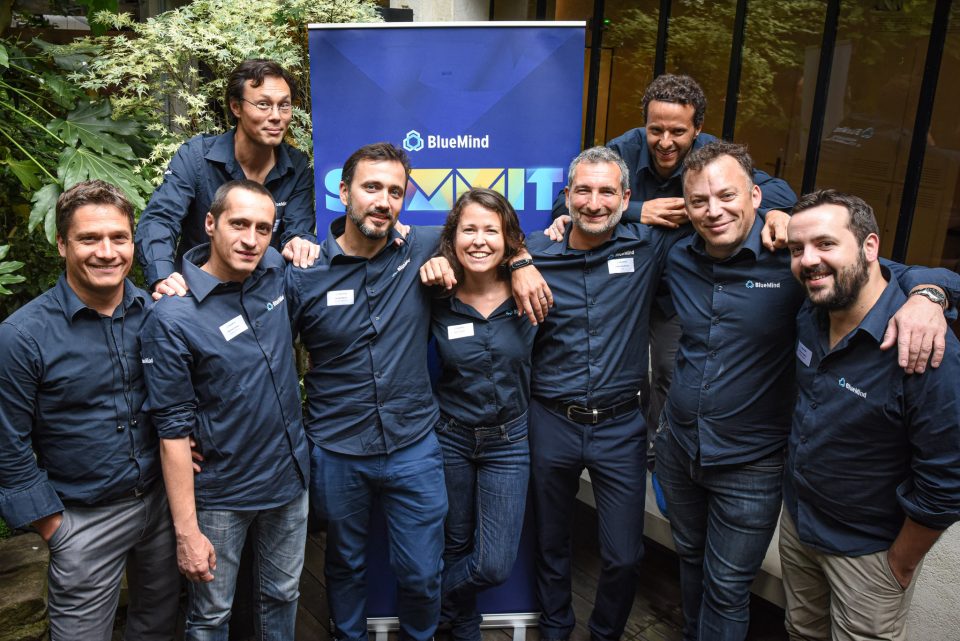
The European Commission adopts its new open source software strategy for 2020-2023
On 21st October, the European commission approved its new open source software strategy for 2020-2023. This is an important step towards achieving the goals of the Commission’s overarching Digital Strategy and contributes to the “Digital Europe” programme.
The CNLL – France’s National Free Software Council, co-chaired by BlueMind CEO Pierre Baudracco – welcomed this announcement as it is in line with the propositions it has been making for years:
- By indicating that “Open-source solutions will be preferred when equivalent in functionalities, total cost and cybersecurity”, the Commission’s guidelines significantly exceed French legislation – article 16 of “Lemaire” Law of 2016 – which merely encourages the use of open source software in French government administrations. This is consistent with a 2006 Ministry of Defence directive – fallen into oblivion, as far as we know – which advised to “prefer open source software with a similar overall cost, risk and efficiency” and it concurs with what we have been calling for since 2012.
- In terms of digital sovereignty, the Commission’s document notes that “Open source impacts the digital autonomy of Europe. Against the hyper-scalers in the cloud, it is likely that open source can give Europe a chance to create and maintain its own, independent digital approach and stay in control of its processes, its information and its technology […]”. In the last few years, the CNLL has repeatedly underlined the key role of open-source software in European economy regaining its independence against non-EU players and protecting EU jobs.
- The Commission’s opening of an “Open Source Programme Office” (OSPO) designed to “guide, encourage and nudge change across the organisation” is a promising step. Organisational structure is key in enabling change towards an “open” internal work culture, but it has to come with external network elements and be connected other OSPOs, the private sector, open-source foundations and NGOs that implement software for the public sector. We have been urging the French government to set up such a dedicated structure in order to follow through with the proper implementation of article 16 of “Lemaire” Law.

An open digital strategy for post-Covid 19
The CNLL (French National Council for Open Source Software) contributed to a call launched in April 2020 by France Stratégie to draft a proposal based on the analysis of the impact of the COVID-19 crisis in the digital sector and the lines of action to support the economic recovery in the “after”.
The questions posed by France Stratégie were:
Practically overnight, millions of employees or self-employed people switched to teleworking, millions of people switched to distance learning or teleconsultation: never before would such a development have occurred so quickly and on such a scale. Overnight, too, a thousand forms of online sociability have developed. All this, not without inequalities: in digital skills, equipment and access to networks. What will remain?
These major changes in social life could only happen because the infrastructure has generally held up. But this situation also makes it necessary to re-examine its robustness, its capacity to carry considerably increased volumes of activity, and to withstand technical risks and deliberate attacks. It is indeed a question of creating the conditions for real digital sovereignty and reassessing our dependence on the major globalized platforms.
Summary of the CNLL contribution:
Since its creation in 2010, the CNLL, federation of free software and open digital companies in France, represents a force of proposal to the public authorities. This document proposes eight lines of action to facilitate the exit strategy from the COVID-19 crisis, the economic recovery, and the ability to respond to future crises. The CNLL also adresses strategic challenges in the digital sector, based on the capabilities and fundamental values of free software, open source and open digital:
- Creating an Individual Right to Contribute (IRC) to free projects
- Supporting companies that implement open innovation strategies
- Maintain and finance key software for digital infrastructure as a public good
- Improving digital sovereignty by giving real priority to free software, particularly from French and European open source publishers.
- Enhance the sovereignty of the Cloud by promoting open standards, transparent approaches, interoperability and data protection.
- Improve access to hardware and software by building on the values of openness and inclusiveness of open source software.
- Provide more and better training in and through open source software, and generalize MOOC-type platforms.
- Take into account interoperability and the phenomena of open innovation and collaborative development in public procurement.
The complete document is available here (french only at this stage).

COVID-19 Information: BlueMind’s activities are 100% operational
Dear Sir, Dear Madam,
Our country is going through one of the biggest health crises in its history. It is more important than ever that we show civic responsibility, solidarity and responsiveness.
Our teams at BlueMind have always been organised to be able to work remotely. We have therefore made a smooth transition to remote work and we remain 100% engaged in serving our clients and partners. We know how important your collaborative email is to you, now more than ever. Rest assured that we are doing everything on our end to continue to deliver our services seamlessly.
We are set up to ensure all support, integration and expert services. You can reach your usual contact persons through the normal channels.
In the meantime, our R&D people are continuing to work on product development, and they have many surprises in store for when things get back to normal.
Our team sends you its best wishes and remains at your disposal.
Best regards,
The BlueMind Team
Reach us at:
+33 (0) 5 81 91 55 60 / contact@bluemind.net / Contact Form
And you can stay up to date with our news here:
Newsletter / Youtube / Twitter / Facebook / Linkedin

